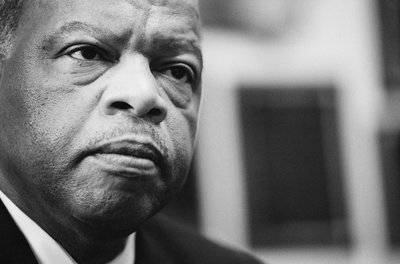DOWNLOAD VIDEO
After several months of instability and in the midst of security threats from the Islamic State and internal divisions, Turkey reelected President Recep Tayyip Erdogan’s A.K. Party Sunday. The snap election came five months after June’s election failed to distinguish a clear winner between the socially conservative A.K. and opposition parties. Political analysts expect Erdogan’s victory to boost the government’s confidence as they continue efforts to join the European Union. While supporters say the A.K. party’s win will help stabilize and secure the country, other people in Turkey feel that Erdogan will seek to expand his powers into autocracy. Some citizens complain they cannot be openly critical of the government without fearing imprisonment. European election monitors voiced concerns over irregularities observed in Turkey’s election process. “Fear is the enemy of democracy, enemy of free choice,” he said, urging Erdogan to foster a more inclusive political climate going forward. Turkish political analyst Cengiz Aktar said he predicts that Erdogan will try to pass a referendum giving him more power and allowing him to bypass the Parliament in some cases. “If this man has a role model in the world, it’s probably Vladimir Putin," Aktar said. Erdogan will put in to practice his ideas and ideology that he thinks are right for the country without asking anyone, he said. But Etyen Mahcupyan, a senior adviser to the prime minister, said the close relationship between the Islamic community of Turkey and the A.K. Party will prevent any threat of autocratic rule. Turkey is expected to take a more active role in the United States-led coalition against the Islamic State in nearby Syria, but most experts doubt much will change in regard to policies toward refugees crossing Turkey’s borders to get to Europe.Vocab
snap election
—in a parliamentary system, an election called when not required by law or convention to decide a pressing issue
autocratic rule
– a system of government in which absolute power is held by one individual
referendum
– a vote by the people for or against a specific issue
election monitoring
– the observation of an election by one or more independent parties, usually from another country or non-governmental organization (NGO), primarily to assess the conduct of an election process
one-party system
– also known as a single-party system, is a type of state in which one political party has the right to form the government, usually based on the existing constitution, and all other parties are either outlawed or allowed to take only a limited and controlled participation in elections
Warm up questions
- What do you know about the country of Turkey?
- What is autocracy? How is it different from democracy?
- Why do you think international election monitors attend certain elections?
Critical thinking questions
- Why are some Turkish citizens and members of the international community concerned by the election results?
- Why might Turkish voters choose to elect President Erdogan’s A.K. Party at a time of conflict?
- Do you think a one-party system threatens democracy? Explain your answer.


